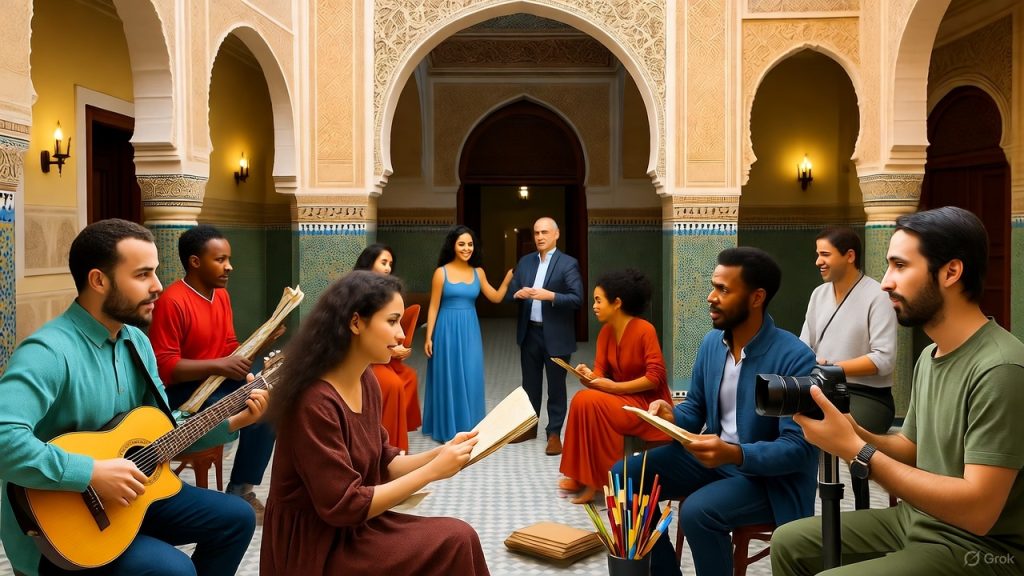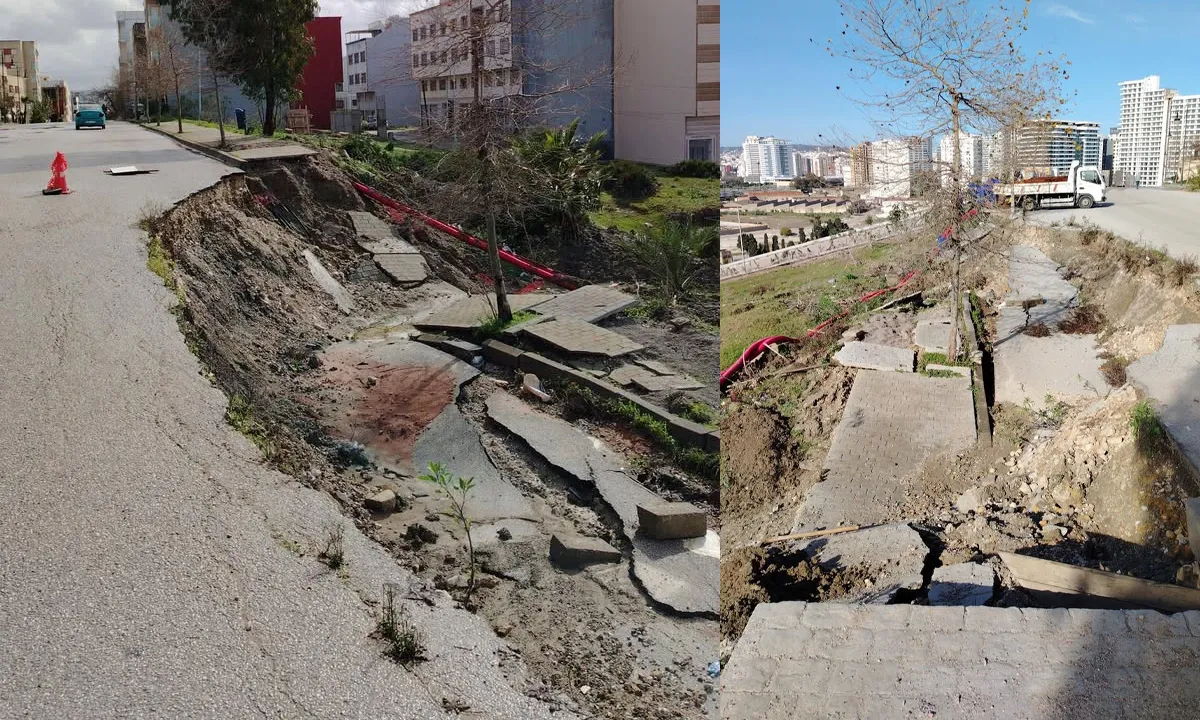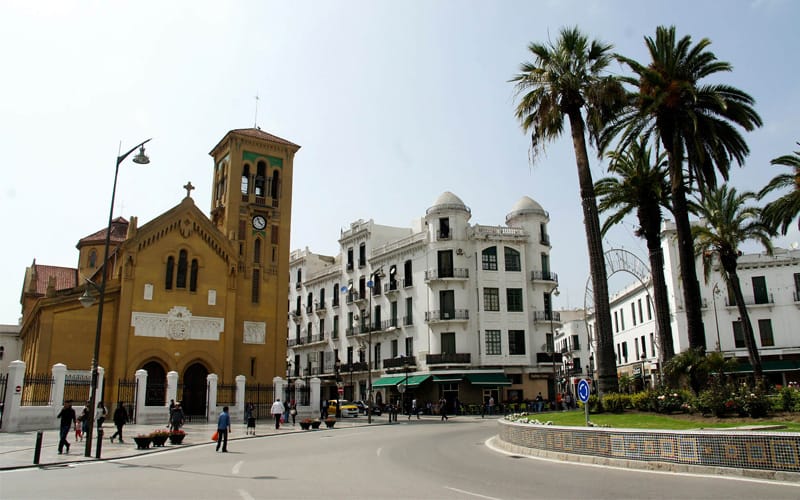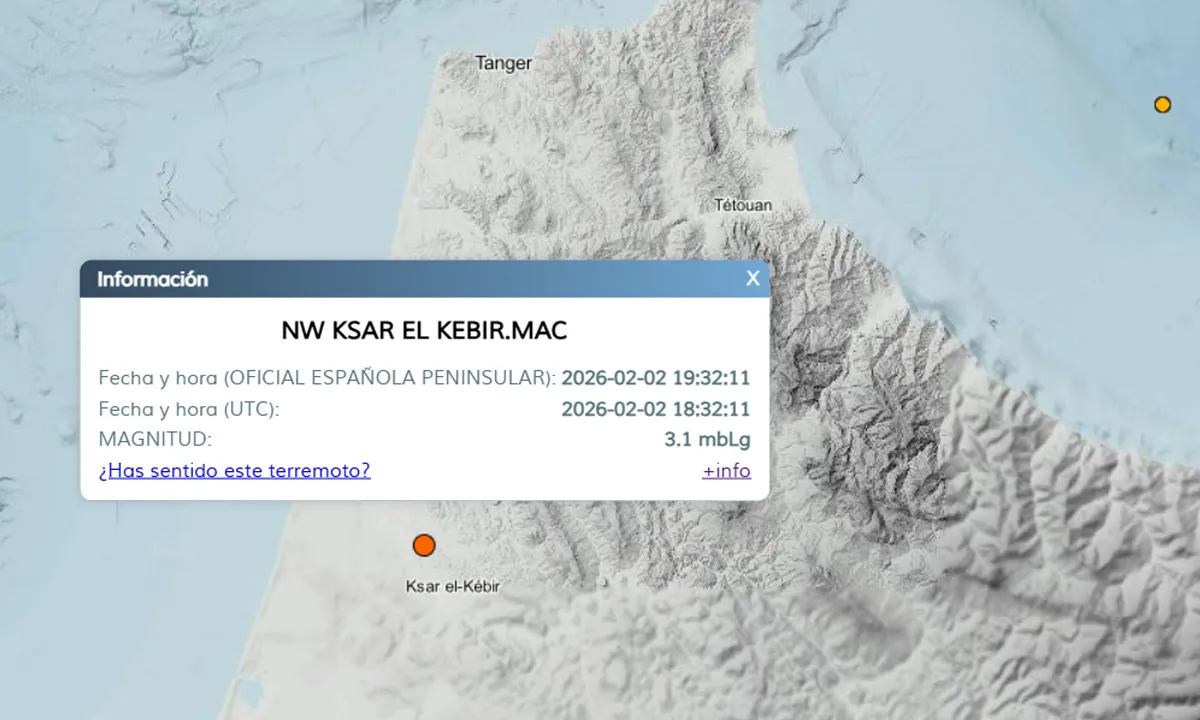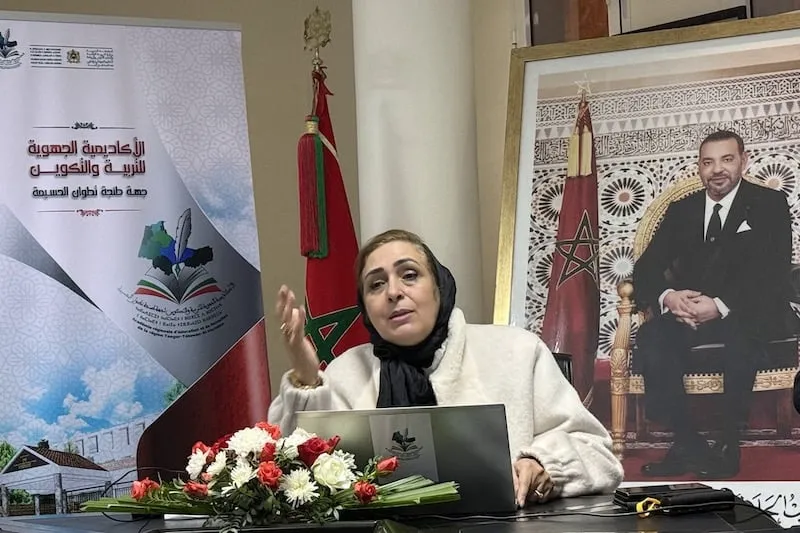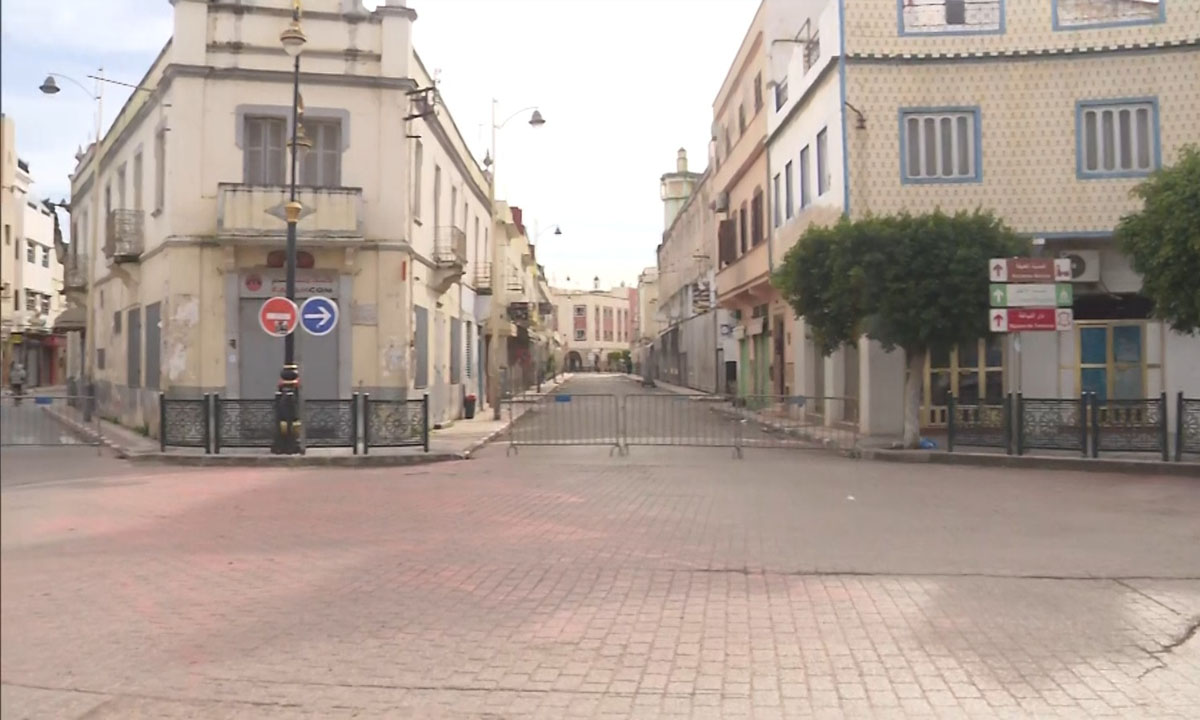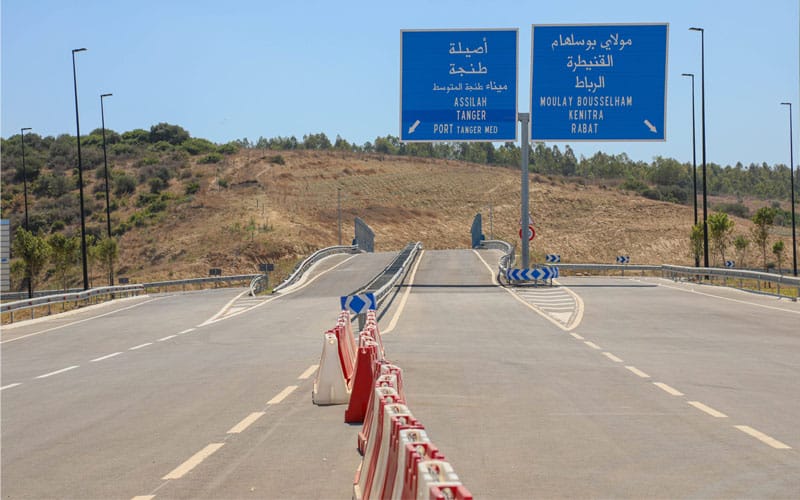On Friday, the Higher Council of Ulema issued a comprehensive religious fatwa concerning the rules of zakat, under the direct guidance of His Majesty King Mohammed VI, who authorized its publication on the council and the Ministry of Awqaf and Islamic Affairs’ websites at 3 PM.
This issuance represents a historic step that positions zakat as a living instrument for solidarity in the digital economy era. The fatwa, grounded in the Maliki school of thought with open ijtihad, expands the scope of zakat to encompass “many recent developments in the financial world,” particularly in the services sector, which is a cornerstone of modern Moroccan economy.
According to the text, zakat is required on the incomes from these sectors at a rate of 2.5%, provided they reach the nisab (approximately 7438 dirhams based on silver’s value), after deducting management costs and a full lunar year has passed. This approach addresses the economic complexities arising from the digital revolution and non-traditional services, ensuring that the obligation is applicable to new activities without neglect.
Salaries in the Public and Private Sectors: A Practical Calculation Model
The fatwa clarifies zakat on salaries, a primary source of income for millions of Moroccans in both the public and private sectors. The council used the official minimum wage at the time of issuance (3266 dirhams per month for the private sector, noting potential changes) to determine the minimum personal or family expenditure, as leaving it open could lead to unfair personal estimates.
It emphasized that this determination “benefits those with lower incomes more than those above them,” encouraging adherence to religious obligations.
To clarify, the fatwa provided a practical example: “An individual with a monthly salary of 10,000 dirhams, after deducting a personal expense of 3266 dirhams, does not meet the nisab of 7438 dirhams. However, if their annual income totals 120,000 dirhams and they deduct their annual expense of 3266 dirhams × 12 months = 39,192 dirhams, the remaining amount from 120,000 dirhams is 80,808 dirhams, and their zakat (i.e., 2.5%) is 2020 dirhams.”
This example simplifies the annual calculation, assisting employees in applying zakat monthly or annually, particularly after recent salary increases that reached 4500 dirhams since last July.
New Sectors: From Digital to Creative, All Subject to Zakat
The innovation in the fatwa lies in its inclusion of non-traditional sectors, which represent approximately 60% of the Moroccan economy according to reports from the High Commission for Planning. Key sectors include:
Digital and Financial Services: Banking, insurance, and communication services (such as mobile and internet applications), where zakat is due on incomes after deducting costs, reflecting the religious commitment to keeping pace with the digital economy.
Intellectual Rights and Creativity: Innovative rights, trademarks, and copyright, which represent an emerging sector in Morocco with the growth of the software and digital content industry. These incomes, upon reaching the nisab, are subject to 2.5% zakat, encouraging solidarity among creators.
Environmental Services and Energy: Electricity supply, other energy types, water supply, and waste management and treatment align with national policies for a green economy.
Entertainment and Advertising: Arts and entertainment services, advertising resources for products, legal services, and a variety of expert services such as studies and consultations.
The fatwa clarified that zakat is due on incomes from these sectors… once they meet the nisab and a year has passed… after deducting management costs, offering flexibility for those employed in these areas for accurate calculations.
This clarification is expected to enhance awareness, especially with the rise of freelance work and digital platforms.
Call for Ijtihad: Inquiry Mechanism for Special Cases
To ensure practical application, the council invited inquiries regarding “zakat on new income-generating activities” to be directed to the council through a website to be announced soon, either in writing or via audio recording. This step reflects the council’s commitment to open ijtihad to address emerging cases such as income from digital currencies or artificial intelligence, based on original rulings or legal objectives.
In light of global economic challenges, this fatwa serves as a living guide that reinstates zakat into daily life, enhancing social solidarity in Morocco. With its publication today, it is expected to spark wide-ranging discussions among scholars and economists, contributing to the development of a sustainable Islamic economy.




